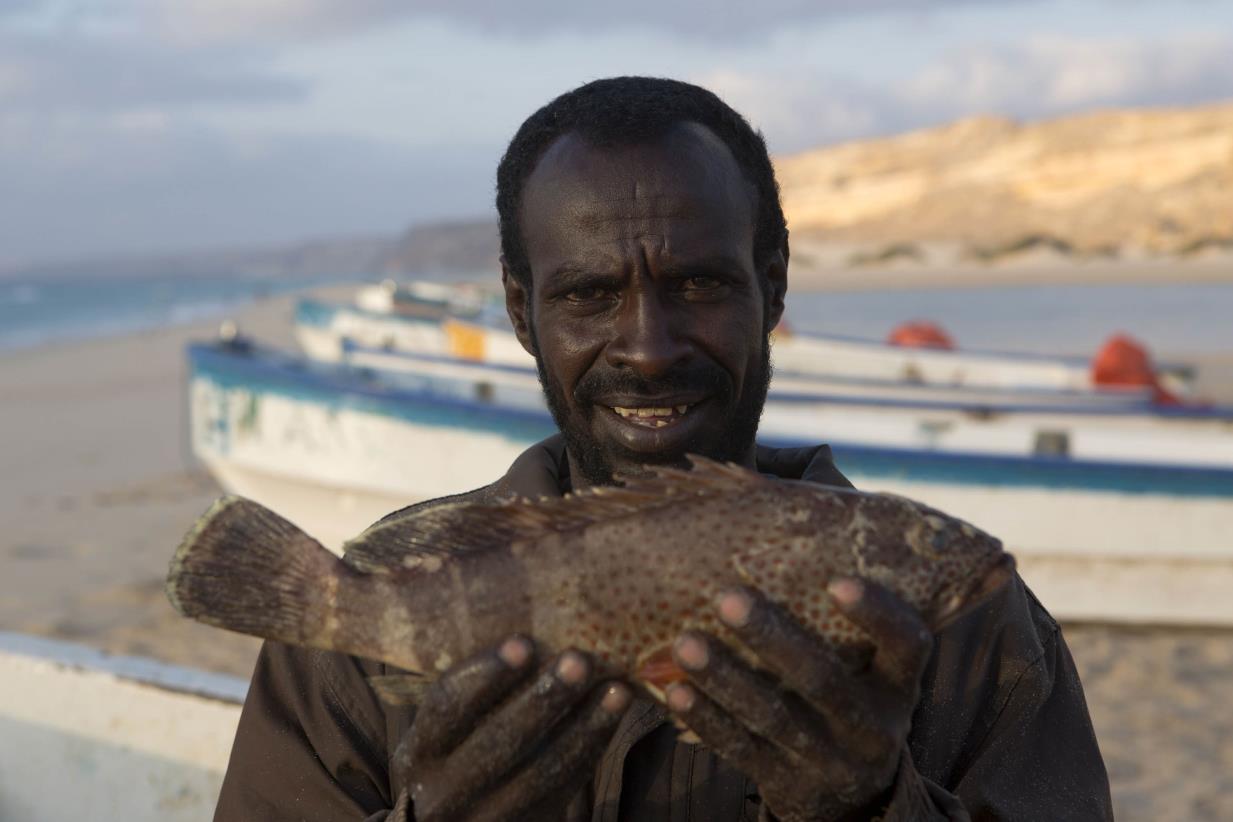Forecasting fish distribution and abundance in the Atlantic Ocean: The challenge of balancing exploitation and sustainability

The European Parliament Intergroup on “Climate Change, Biodiversity, and Sustainable Development” organized an event on “Forecasting fish distribution and abundance in the Atlantic Ocean: The challenge of balancing exploitation and sustainability”, hosted by Members of the European Parliament (MEP) and the European Parliamentary Alliance against Hunger and Malnutrition Pierre Karleskind and Isabel Carvalhais.
The event focused particularly on the importance of science and scientific knowledge as fundamental elements for resource management decisions. MEP Karleskind highlighted the importance of tools such as the European Union Blue-Action, Triatlas and Mission Atlantic that forecast the state of fish stocks. “Making predictions and simulating scenarios is crucial to ensure the sustainable management of resources and fish resources” said MEP Carvalhais. She pointed out that as climate change is increasingly affecting the lives and livelihoods of many people, science-based policymaking will gain in importance.
The different interventions during the event particularly stressed the need to scale up the knowledge and tools to observe the ocean and establish fish forecasts. Science has to be at the core of fisheries management and policies, as well as of adaptation policies.
During his intervention, Director of the FAO Fisheries Division, Manuel Barange, reminded the audience: “We are not separate from nature, we do not solve problems by staying away but can only do so by managing nature sustainably. Without nature, there is no food. If we do not eliminate hunger and poverty, other aspirations will remain aspirations,” he added, while explaining that fish hold a key role in the world’s food security, but that it can only continue to play this role if fisheries and aquaculture are sustainably managed.
Barange also shared more information on FAO’s work on mainstreaming climate change in all its activities. He discussed working on the creation of institutional frameworks for the management, as well as the adaptation to climate change of fisheries and aquaculture; adapting livelihoods, promoting value chain development, creating alternative sources of employment for people living from the ocean; and building early warning and risk-management systems.
More information about FAO’s work on sustainable fisheries and aquaculture is available here.
